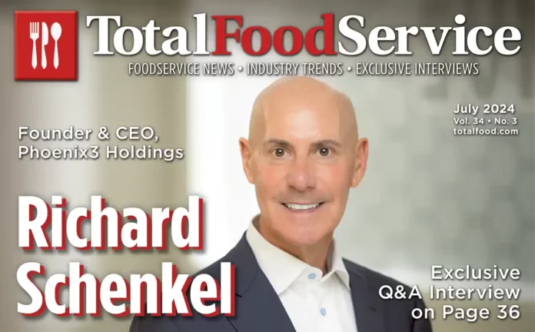The Founder’s Guide to Making Tough Decisions
Serial founders understand a fundamental truth: the faster you make difficult decisions, the better off your company will be. The phrase “fail fast” isn’t just about pivoting — it’s about recognizing when something isn’t working and having the courage to act.
Making tough calls is like anything else: the first time is the hardest, but practice makes it easier. As a founder, your decisions define the company’s trajectory, and the more decisive you become, the more confidence your team, investors, and clients will have in your leadership.
Here are three of the most critical decisions I’ve found most founders face — often sooner than they’d like. Each requires balancing short-term survival with long-term success.
1. Spending Wisely: Risk and Resources
Money is oxygen for startups, but how you spend it depends on your funding model. When you’re funding the business yourself, every dollar feels personal. This often leads to scrappy, creative problem-solving — a huge advantage when you need to stretch resources. But it also means constantly weighing every expense against its immediate impact on survival.
Many first-time bootstrapped founders hesitate too long before investing in key areas like hiring or marketing, only to realize later that strategic spending is just as important as managing expenses.
When we launched Restaura last year, for example, we made a big splash at the industry’s largest annual event to showcase our experienced team and innovative business model — a decision that has paid off significantly.
Alternatively, when your start-up includes outside funding, you’re not just managing cash —you’re managing expectations. Investors want aggressive growth, but they also tend to be less willing to invest ahead of revenue. The pressure to show traction quickly can lead to spending in ways that don’t always align with long-term strategy. Founders in this position must resist the urge to chase vanity metrics and instead focus on sustainable, high-impact investments.
Whether self-funded or investor-backed, the challenge is the same: knowing when to stay lean and when to go all in. The best founders develop an instinct for spending at the right moment, balancing caution with strategic risk-taking.
2. Choosing the Right Early Clients
The first clients of any B2B start-up set the tone for the business. It’s tempting to say ‘yes’ to every revenue opportunity, especially in the early days. But sometimes, the wrong client can slow you down more than no client at all.
Who are the best early adopters? They are…
- Frustrated with the status quo and actively searching for a better solution
- Eager to experiment because they believe in the potential of what you’re building
- Open to providing feedback to make your product or service even better
- Willing to share their experience with others
What types of early clients should you avoid? They….
- Don’t fit your long-term vision, despite their attractive revenue potential.
- Push you to modify your core offering or customize features that won’t be repeatable
- Create support or operational headaches that drain your team’s resources
Many founders learn the hard way that not all revenue is good revenue. Saying ‘no’ to a misaligned client takes discipline, but dilution of focus is a startup killer. I recently had to redirect one of Phoenix3’s operating companies away from a promising potential client. It was not easy, but it was absolutely necessary.
Early clients aren’t just buyers — they are the foundation of your flywheel.
Founders absolutely must treat early adopters like they are partners, be radically transparent with them, and deliver a notably exceptional experience. Those who do this well will build early adopters who aren’t just clients, they’ll be your champions.
3. Getting the Right People in the Right Seats
A startup’s success is directly tied to its people. Every hire carries weight and making a mistake can be costly. Skills are critical, but mindset and adaptability matter just as much — especially in the early days.
Founders often hold onto the wrong hires too long, either out of loyalty or fear of disrupting a small team. The best founders recognize that correcting a hiring mistake quickly is better than dragging it out. Remember, startups evolve quickly, and someone who was the perfect fit at one stage might not be later.
Every founder struggles with this, especially with small teams where letting someone go can feel personal. But the reality is that the wrong person in a key role slows everyone down. The best teams have a clear vision, aligned culture, and the right mix of skill and adaptability. A founder’s job isn’t just hiring — it’s constantly reassessing if the team is built for the challenges ahead.
Final Thought: Tough Decisions Make Great Founders
Every startup founder will face challenging decisions on spending, clients, and team members.
The first time, it takes courage. The second time, it takes confidence. The more you do it, the better you get. Tough decisions don’t get easier—but you get stronger and wiser.
Reach out to me at rschenkel@phx3.com if I might be able to add some perspective to tough decisions that you’re facing in this role.






